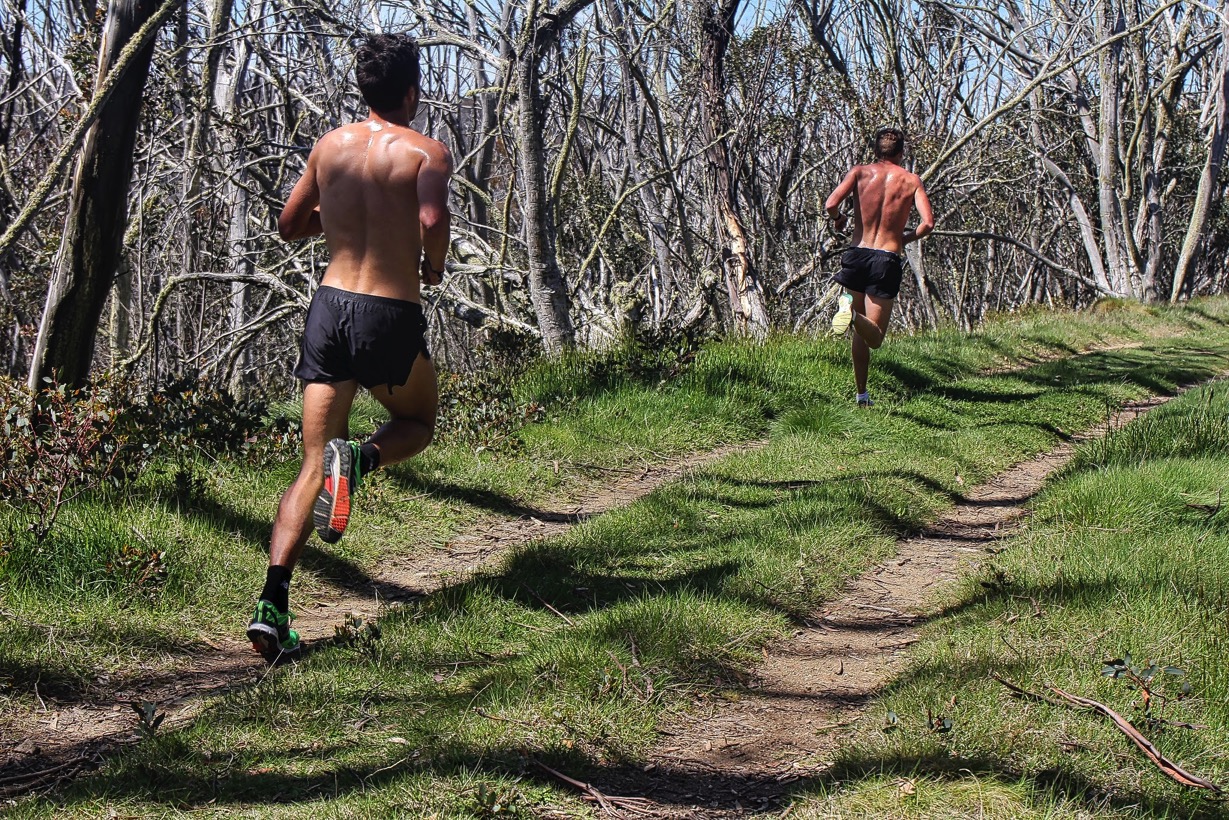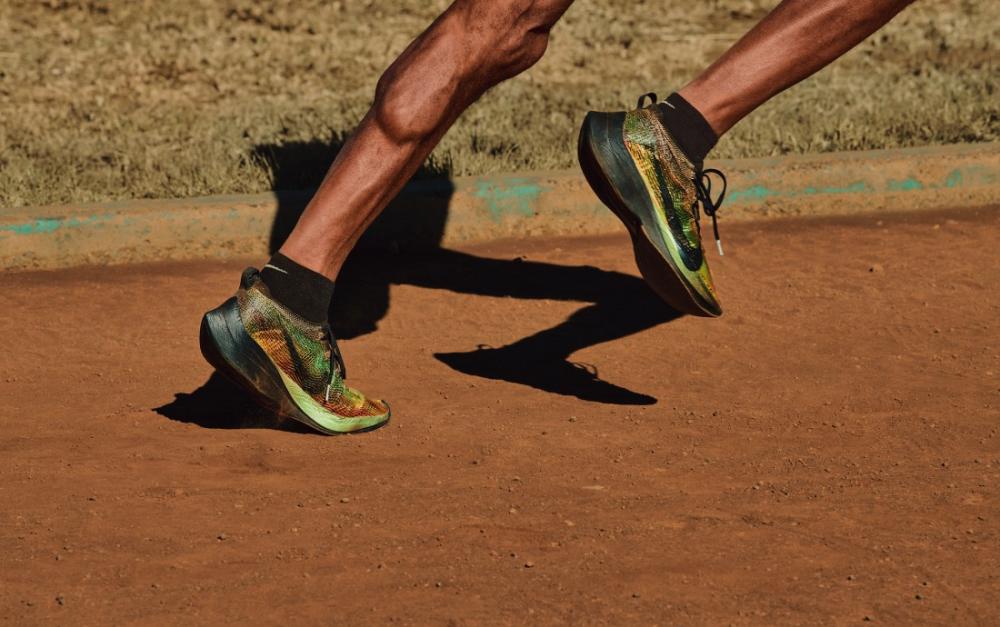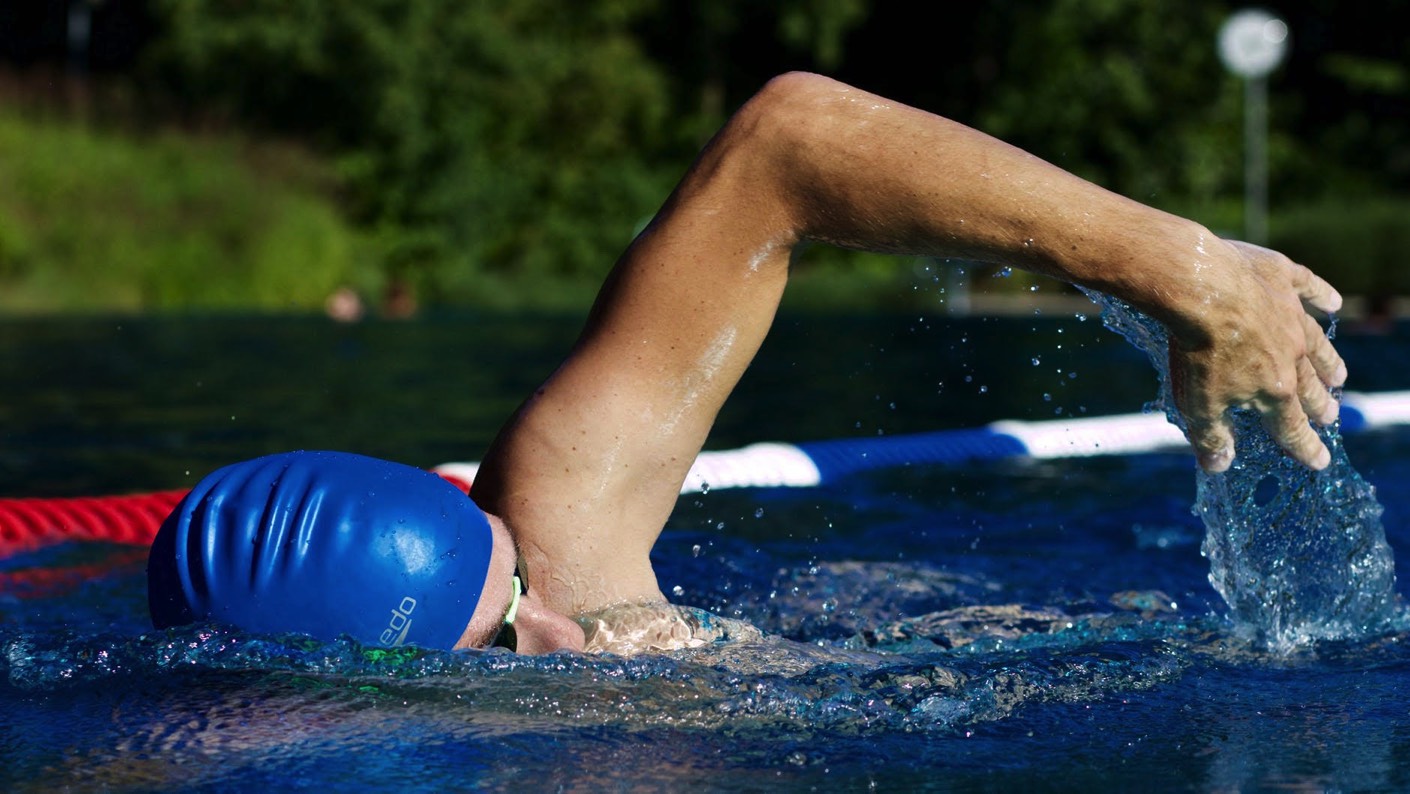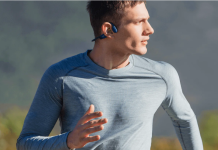Nerve pain is an issue commonly referred to as peripheral neuropathy. More than 20 million Americans suffer from this disorder that affects the nerves running between the spinal cord and the muscles (sensory and motor nerves), the body’s skin (autonomic and sensory nerves), and the internal organs (sensory and autonomic nerves). Studies show that 30 percent of peripheral neuropathies are related to diabetes, and 30 percent are unknown causes. Other contributing factors include nutritional imbalances, heredity, tumors, certain medications, nerve compression/entrapment, metabolic or endocrine disorders, and autoimmune diseases.
Usually, peripheral neuropathy causes tingling and numbness due to failure to transmit signals for feeling. Diagnosing the disorder at its early stages will help control it. Once diagnosed with peripheral neuropathy, exercises can help manage the disease. Safety should be paramount when exercising to avoid stressing the nerves further.

Consult with your Doctor First
Before hitting the gym, consult with your physician because neuropathy could affect how you respond to activities that risk injuries. For instance, if you experience loss of sensation or numbness in your legs, you might not tell when you have applied too much pressure to your feet, or gotten a blister from tight shoes, or stubbed a toe. The doctor’s assessment will include a neuropathy assessment, foot examination, foot ulceration, and a thorough blood flow examination. Pain is a natural protective mechanism by the body. Some patients walk with bad fractures and don’t feel the pain. They think that they have just sprained their ankle. So, they continue to walk and strain the leg. This only makes the situation worse, and eventually, it will call for a major surgical reconstruction.
In such cases, the doctor will recommend taking less strenuous activities and exercise for a short period. They may also advise you to take supplements that help repair and regenerate nerves that get damaged when exercising. According to the professionals behind https://neuropathyreliefguide.com, supplements can help manage or even cure peripheral neuropathy if you know the vitamins that are beneficial to your nerves. Vitamin B’s deficiencies can lead to worsening of the disorder. Therefore, taking vitamin B12 supplements is an excellent place to start. However, the combination of several vitamins and nutrients is essential to get the best results. With the pills and moderate exercises, you stand a very high chance of beating the disorder.
Choose Exercises that Work for you
Start with physical activities that favor your condition. Suppose the disorder has interfered with the sensation in your feet, or you have developed any deformities or complications such as foot ulcers. In that case, the American Diabetes Association (ADA) warns about the practice of strenuous or prolonged weight-bearing activities such as walking long distances. Instead, they recommend lighter exercises such as aerobics, swimming, walking short distances, chair exercises, and cycling. Also, the activities should be done in a moderate climate as opposed to cold or hot weather. In case you have any injuries, it is advisable to stop exercising until the sores are healed. Which are the best physical activities for people with neuropathies? According to professionals, exercises that improve the individual’s cardiovascular health help increase blood circulation and neuropathic disorders.
Wear the Right Footwear
The last thing you want when you have peripheral neuropathy is sore feet of feet ulceration. This can be easily avoided by wearing the right shoes when exercising. The ADA recommends patients have footwear designed to reduce stress on joints and feet, such as those, with air midsoles or silica gel, when doing weight-bearing exercises. The tight shoes are those that are wide and large enough.

Some people with peripheral neuropathies prefer their footwear to be snugger to feel their shoes. This is not advisable as it increases the pressure points on the feet. Cost should not stop you from acquiring the right shoes for your feet. Most private insurers and the government pay a substantial amount for diabetic shoes. Therefore, if your neuropathy is due to diabetes, and you have a high risk of ulceration, you qualify to get diabetic shoes. Socks are also part of the footwear package. People with neuropathies are advised to wear socks manufactured from a fabric that pulls moisture and sweat from your skin and reduces friction. This way, you will reduce the possibilities of developing blisters and foot ulceration.
Start small and gradually increase the intensity to reduce risks of complications. It is best to start walking before you run. Start with walking for a quarter-mile, then go back to your home and check your feet. If there are any concerns, seek medical advice. Also, do regular checkups before and after exercising to ensure no skin breakdown or redness areas on your feet.




























